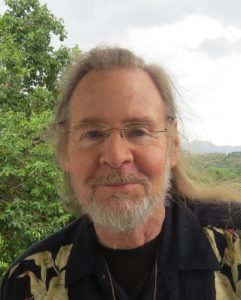
LIVE and In Person

June Solstice Celebration 2022

March Equinox 2022!

Recording Now Available!

Daniel Giamario's Vlogcast Series
New episodes every Full Moon!



 The School’s Intent
The School’s Intent
As a 501 (c) 3 educational non-profit we provide programs to support you in living your soul’s purpose facilitating a process of initiation toward deeper self-realization recognizing the wholeness of the human experience, both shadow and light. Consider making a tax deductible donation here.
Quick Links
Search our Website
Sign up for our Newsletter
Sign-Up Here
For Astrological Articles, News and Updates
×
Receive Unique Astrological Updates, Articles and other News when you Sign up for our Newsletter! Learn more






